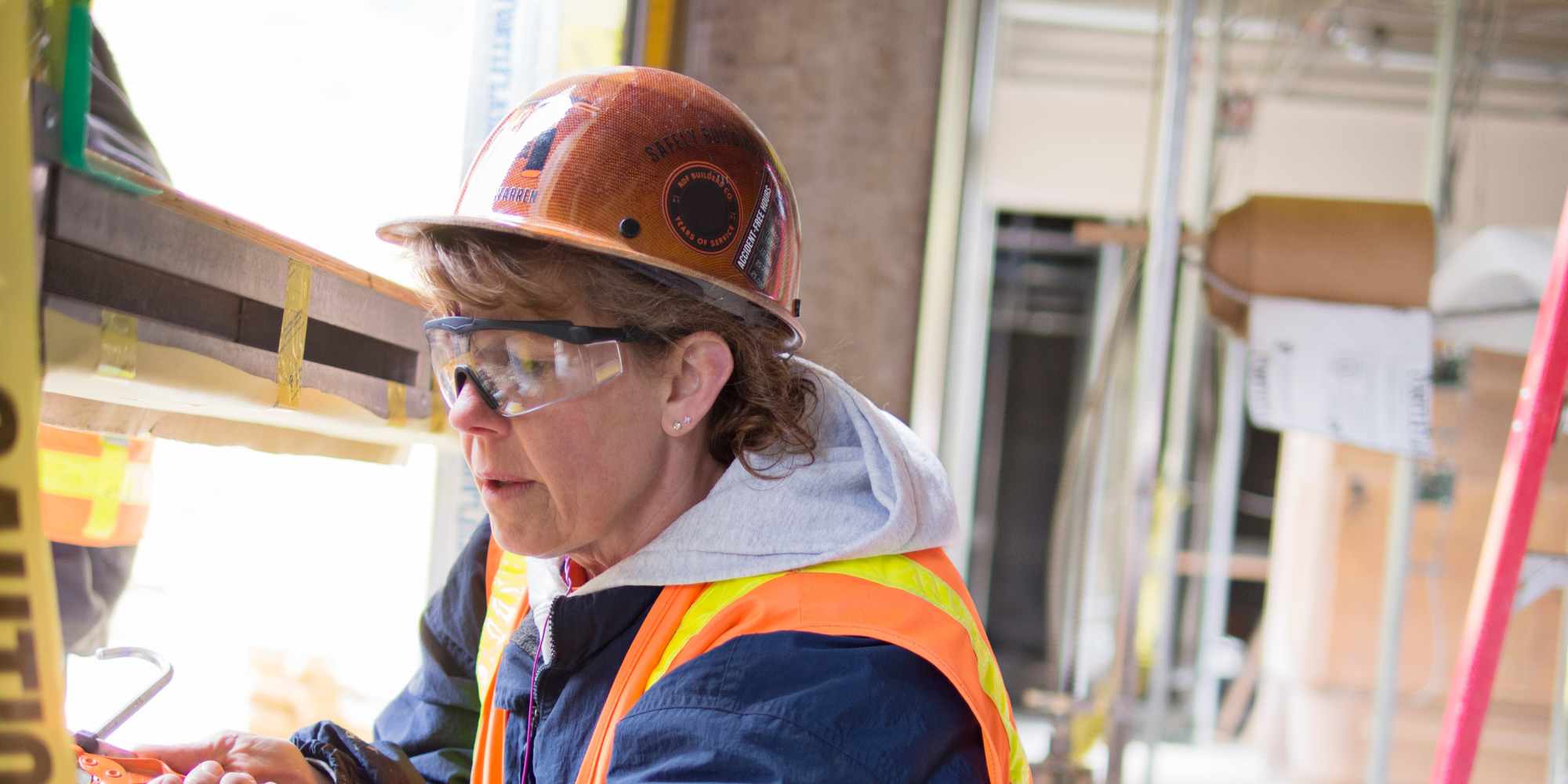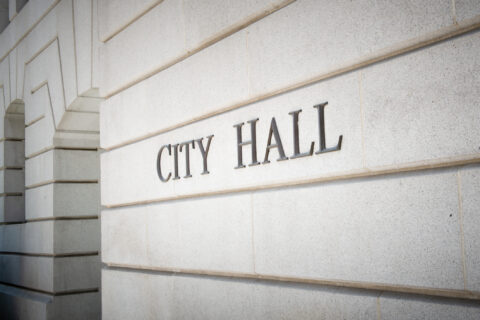As city leaders, we know local workers are essential to the economic vitality and competitiveness of our communities and our nation. That’s why each of our cities chose to allocate portions of our American Rescue Plan Act (ARPA) funds towards ensuring we have a trained and prepared workforce to meet the growing demand of employers. Our investments are also necessary to meet the needs of workers, ensuring they have the support they need in order to get to work and stay in work.
As we strive to address the workforce needs in our communities, we know so much of this work is possible because of our partnership with the federal government. From the unprecedented investment in cities through ARPA to the workforce focus embedded in priorities across the Administration, we know our federal partners understand the need in local communities and that it must not go unaddressed.

In a briefing to congressional offices last month, we collectively uplifted the ways in which cities are leading in local workforce investments and where the federal government can continue to step in and step up through partnership:
Connecting Residents to Good Jobs
You cannot talk about access to jobs without recognizing and referencing sustainable wages. In our communities, we are working with employers to invest in their workers through not only wages, but also through apprenticeships and earn and learn models that allow employees to advance within a business. This effort takes intention and a commitment to have a long term, steady focus on these issues. We are also working to model these types of values and principles as employers. As cities struggle to retain a municipal workforce, our residents continue to desire first class response to their concerns. In order to have that first-class, top-notch service, we must have the competitiveness to hire and retain staff who are equipped and trained to do this important work. This includes having competitive wages and benefits for our municipal employees.
Using Fund Flexibility to Address Community Needs
The flexibility given to all cities, towns and villages across the country through ARPA was unprecedented and unmatched by any other type of federal funding cities have utilized before. This flexibility to design programs and to be innovative in our approaches to our local challenges will be the key to our success. We have been able to go beyond the investment in worker training, and address other barriers to employment, including childcare, safe quality affordable housing and transportation, all of which are a critical piece of the equation as we address the needs of workers.
Engaging Partners
If there’s anything we have learned leading our respective cities, it is that we at city hall cannot do it alone. We have partnered with local businesses, community colleges and postsecondary institutions. We are working in our K-12 school systems, with those who are leaving the criminal justice system and with our nation’s opportunity youth. We are also partnering with our local Workforce Investment Boards, chambers, other community stakeholder groups and entrepreneurship programs to support those who wish to start their own businesses.
Investing in Equitable Workforce Development
An inclusive workforce takes intentionality, proactivity and sustainable commitment. As we gear up to rebuild our nation’s roads and bridges, we know that 81 % of transportation workers are male and 68% are white. We are working to ensure that women, BIPOC communities, LGBTQ+ communities, veterans and other underrepresented communities are included in our local workforce engagement programs and initiatives to ensure that our workforce reflects the diversity of our residents.
Focusing on Youth
Creating opportunities for our young people is critically important – and that means investing not only in summer jobs but in year-round jobs and resources. We must also work to connect these young people to meaningful work experiences that expose them to new careers, offer job security and match their passions with opportunity.
The sustainability of this ongoing work is important. While we can all strive to allocate more of our local funds towards these initiatives, we look forward to continuing to partner with the federal government to ensure flexible funding streams that allow each of us to meet the needs of our residents and businesses where they are. Now is the time for our country to double-down on our investments in our workers to ensure that we are prepared not only for tomorrow but for the future.
About the Authors:
- Justin M. Bibb, Mayor, Cleveland, OH
- Brandon Scott, Mayor, Baltimore, MD
- Ben Walsh, Mayor, Syracuse, NY
- Sharon Weston Broome, Mayor, Baton Rouge, LA
- Victoria Woodards, Mayor, Tacoma, WA and NLC 1st Vice President








